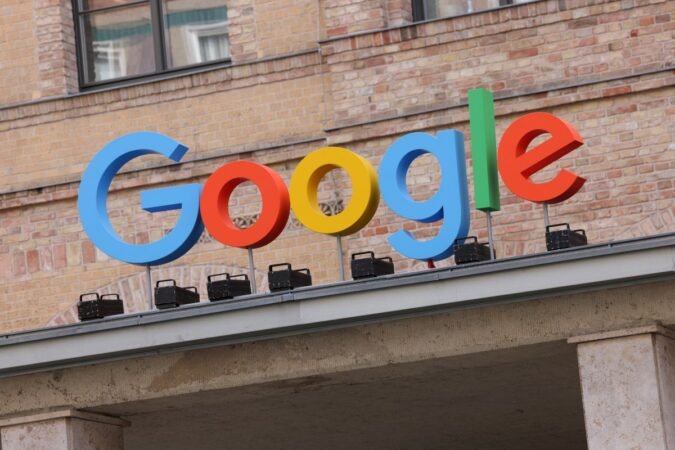Summary Points
-
Appeal Denied: Google lost its appeal against a judge’s order to overhaul its app store following an antitrust lawsuit by Epic Games.
-
Legal Precedent: The 9th U.S. Circuit Court of Appeals found no legal errors in the initial trial that favored Epic Games.
-
Lawsuit Background: Epic Games filed the lawsuit in 2020, leading to a jury’s 2023 decision that Google stifled competition in the Android app market.
- Future Implications: The trial judge’s October order requires Google to permit rivals in its app store, impacting how Android users access apps.
Google’s Legal Setback
Google’s recent loss in the Epic Games antitrust case signals a shift in the tech industry’s landscape. The 9th U.S. Circuit Court of Appeals upheld a lower court’s ruling that found Google stifled competition in the app market. This ruling comes after Epic Games accused Google of using its dominance to limit choices for Android users. Consequently, the court ordered Google to revamp its app store, allowing more alternatives for app distribution.
Moreover, Google’s argument that its Play Store competes effectively with Apple’s App Store did not sway the court. The judges felt that the trial judge did not err in limiting Google’s defense. This decision emphasizes the importance of fair competition in digital markets. It sets a precedent that may encourage other developers to challenge similar practices by large tech companies.
Implications for the Tech Industry
The ruling could have far-reaching implications for how we access apps. More choices mean greater flexibility for users and developers alike. If Google opens its Play Store to rivals, we may see a boost in innovation and creativity. Developers might find it easier to reach their audience without significant hurdles.
Moreover, this case highlights ongoing tensions between large tech firms and regulatory bodies. As legal pressures increase, companies may have to adopt more user-centric policies. This shift could transform the app ecosystem altogether. Ultimately, such changes serve to enhance consumer rights and foster a more vibrant digital landscape. The outcome may inspire a more equitable technological future, benefiting users worldwide.
Stay Ahead with the Latest Tech Trends
Explore the future of technology with our detailed insights on Artificial Intelligence.
Access comprehensive resources on technology by visiting Wikipedia.
TechV1

